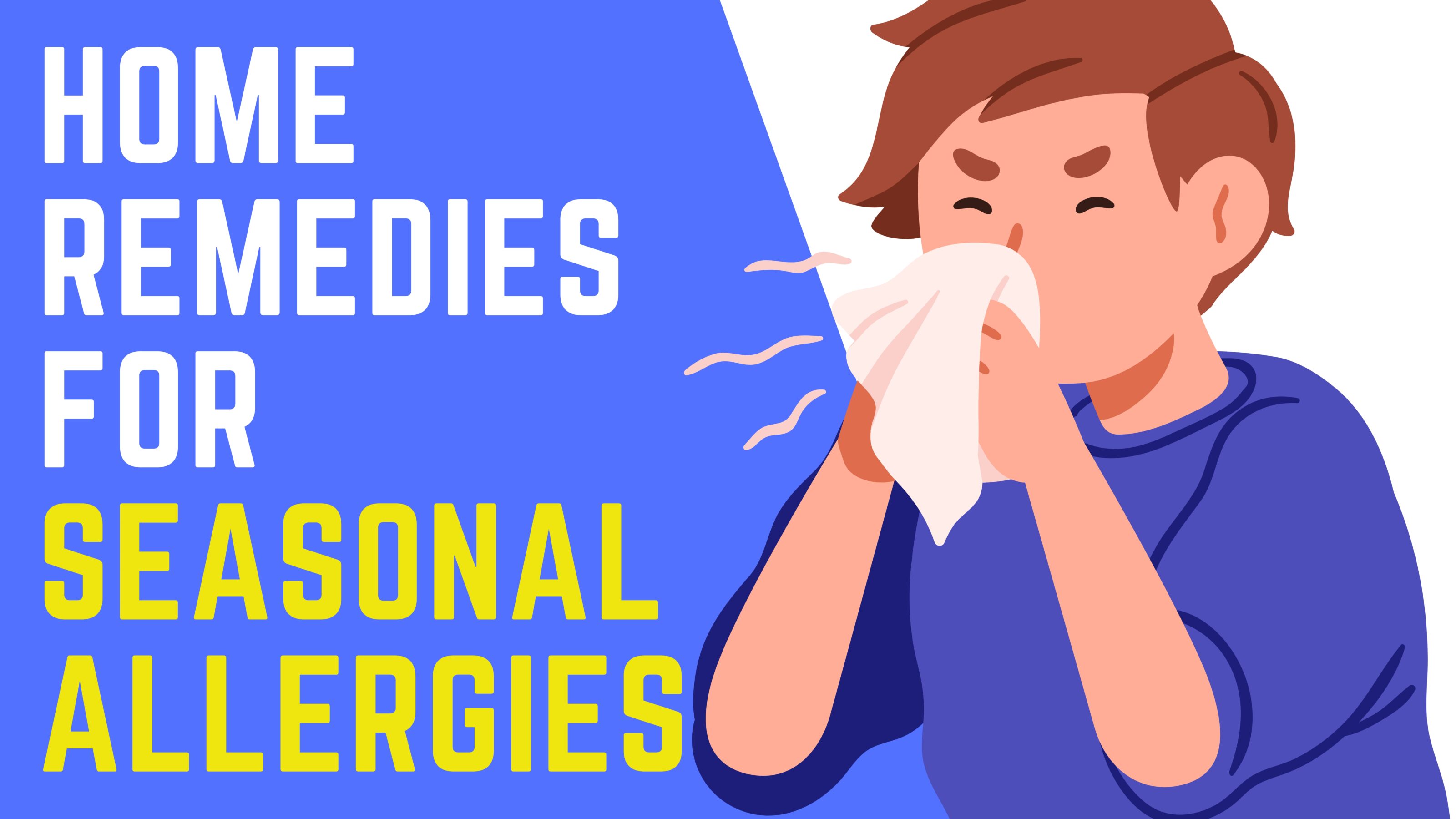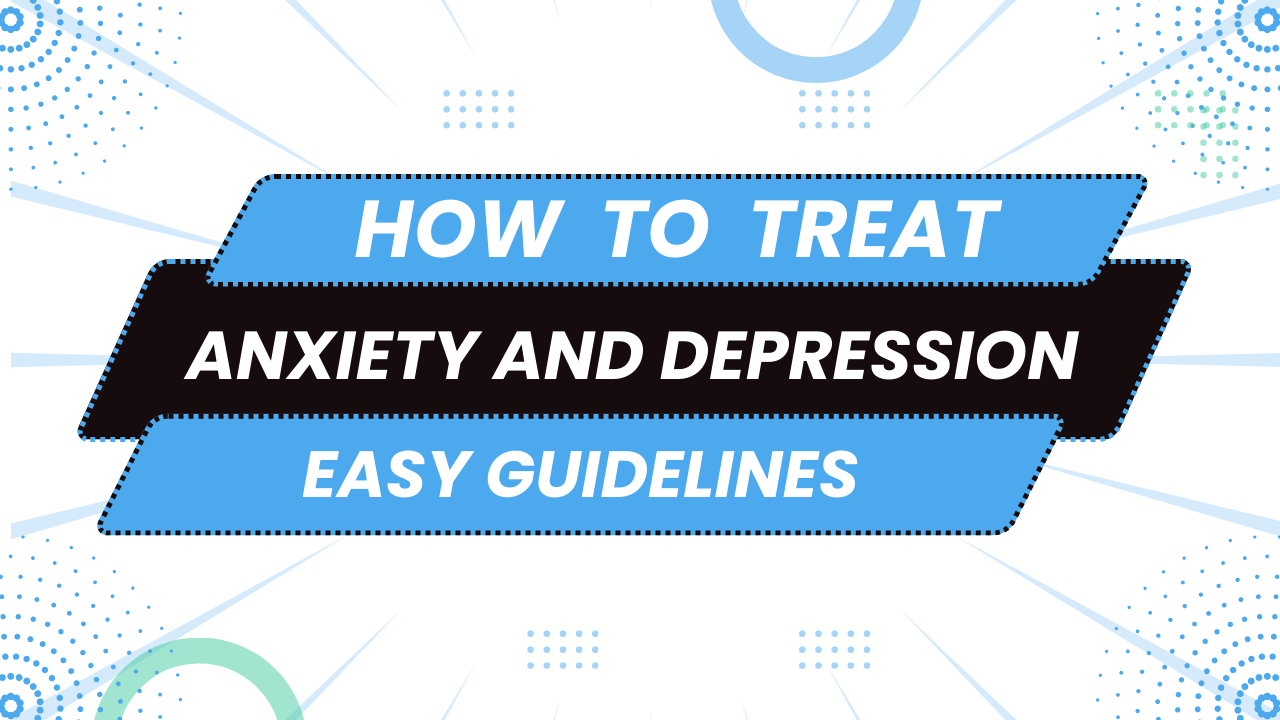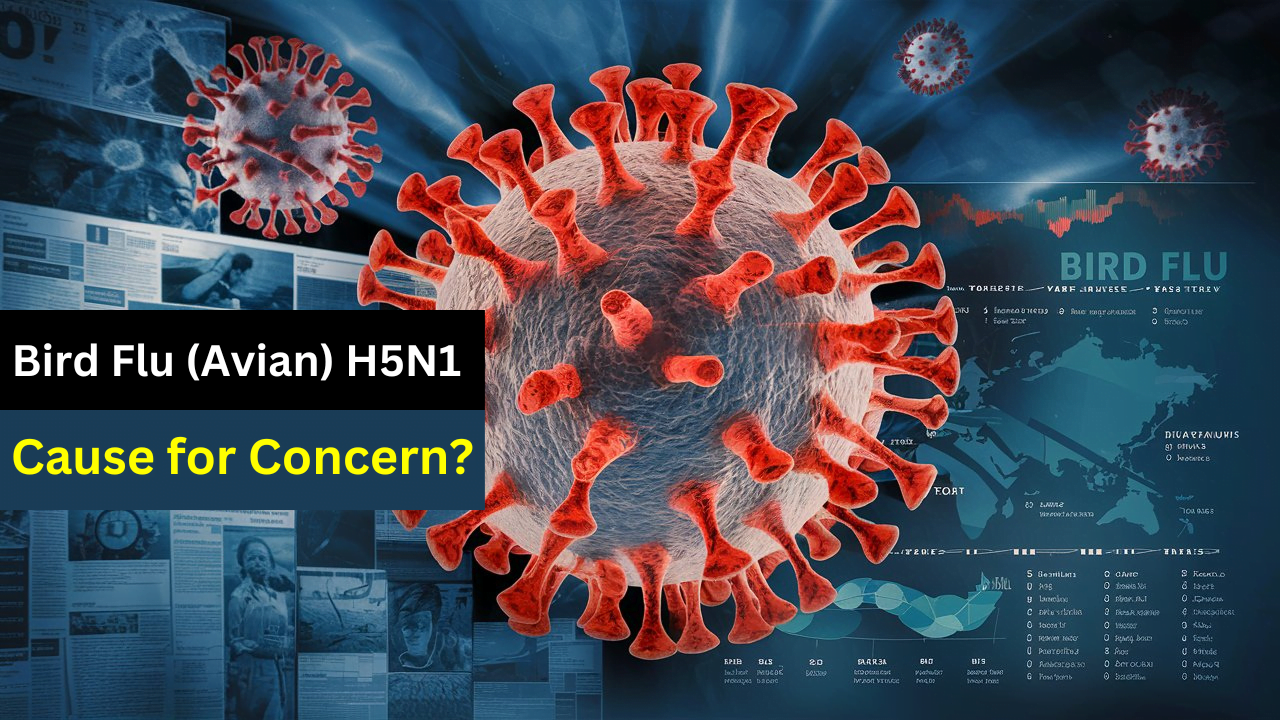Do your eyes get itchy, your nose runs constantly, or you can’t stop sneezing as soon as spring or fall arrives? If so, you’re not alone. Seasonal allergies, also known as hay fever or allergic rhinitis, affect millions of people each year.
The good news? You don’t always need medications to find relief. In this post, we’ll share simple and effective home remedies for seasonal allergies that can help ease your allergy symptoms naturally.
What Causes Seasonal Allergies?
Seasonal allergies are triggered when your immune system overreacts to things like:
- Pollen from trees, grass, or weeds
- Dust and mold spores
- Pet dander
- Changes in weather patterns or air pressure
Your body treats these allergens like harmful invaders and releases histamines, causing symptoms like:
- Sneezing
- Runny or stuffy nose
- Itchy eyes or throat
- Coughing
- Fatigue
Top 10 Home Remedies for Seasonal Allergies
1. Local Raw Honey
Eating a teaspoon of locally produced raw honey daily may help build tolerance to local pollen. It’s like a sweet, natural allergy shot!
🐝 Bonus: Honey also soothes sore throats caused by post-nasal drip.
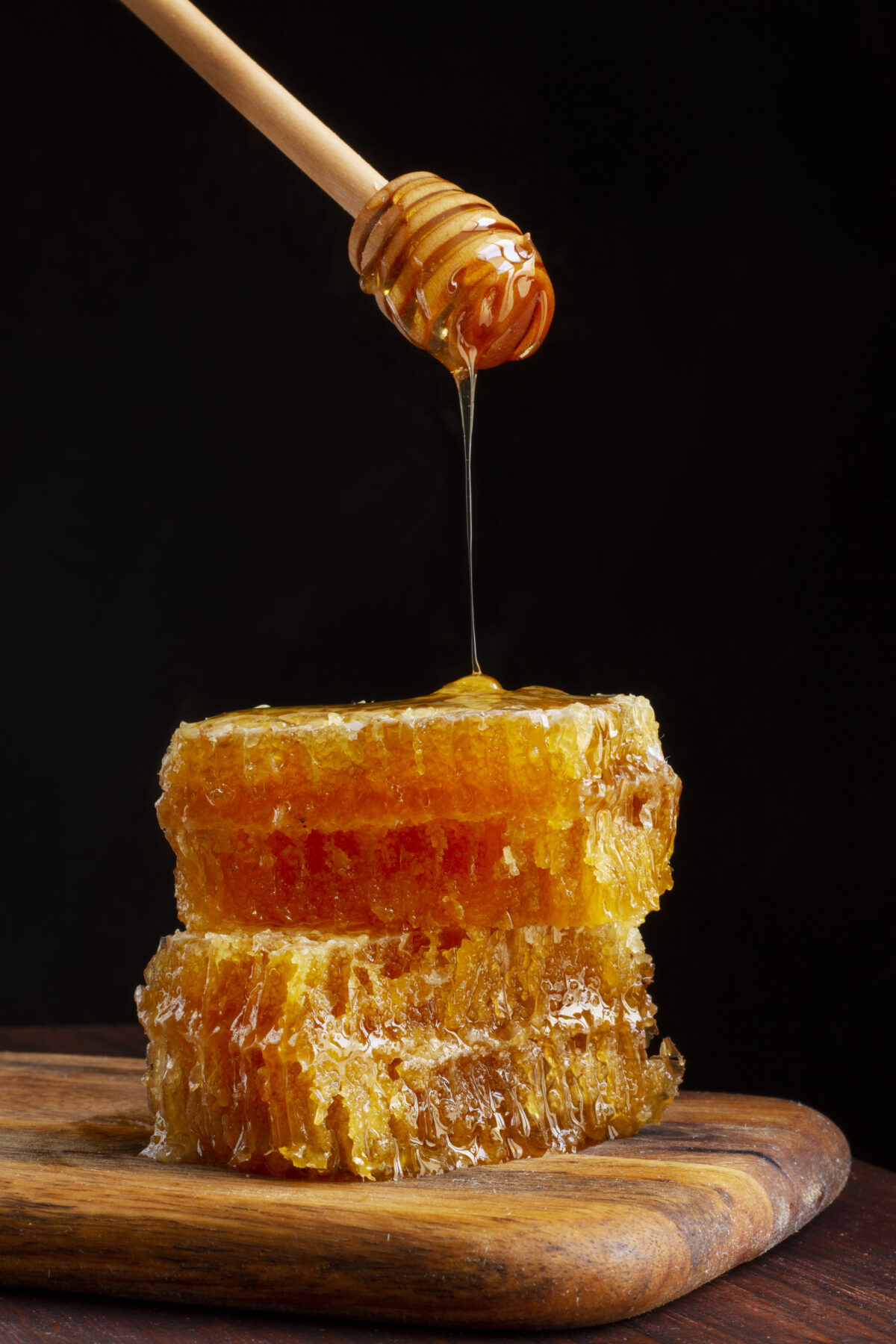
2. Saline Nasal Rinse
A neti pot or saline spray can flush out allergens and mucus from your nose.
How to use:
- Mix 1/2 tsp salt + 1/2 tsp baking soda in 1 cup of warm distilled water
- Gently pour through one nostril and let it drain from the other
🛑 Always use sterilized or distilled water.
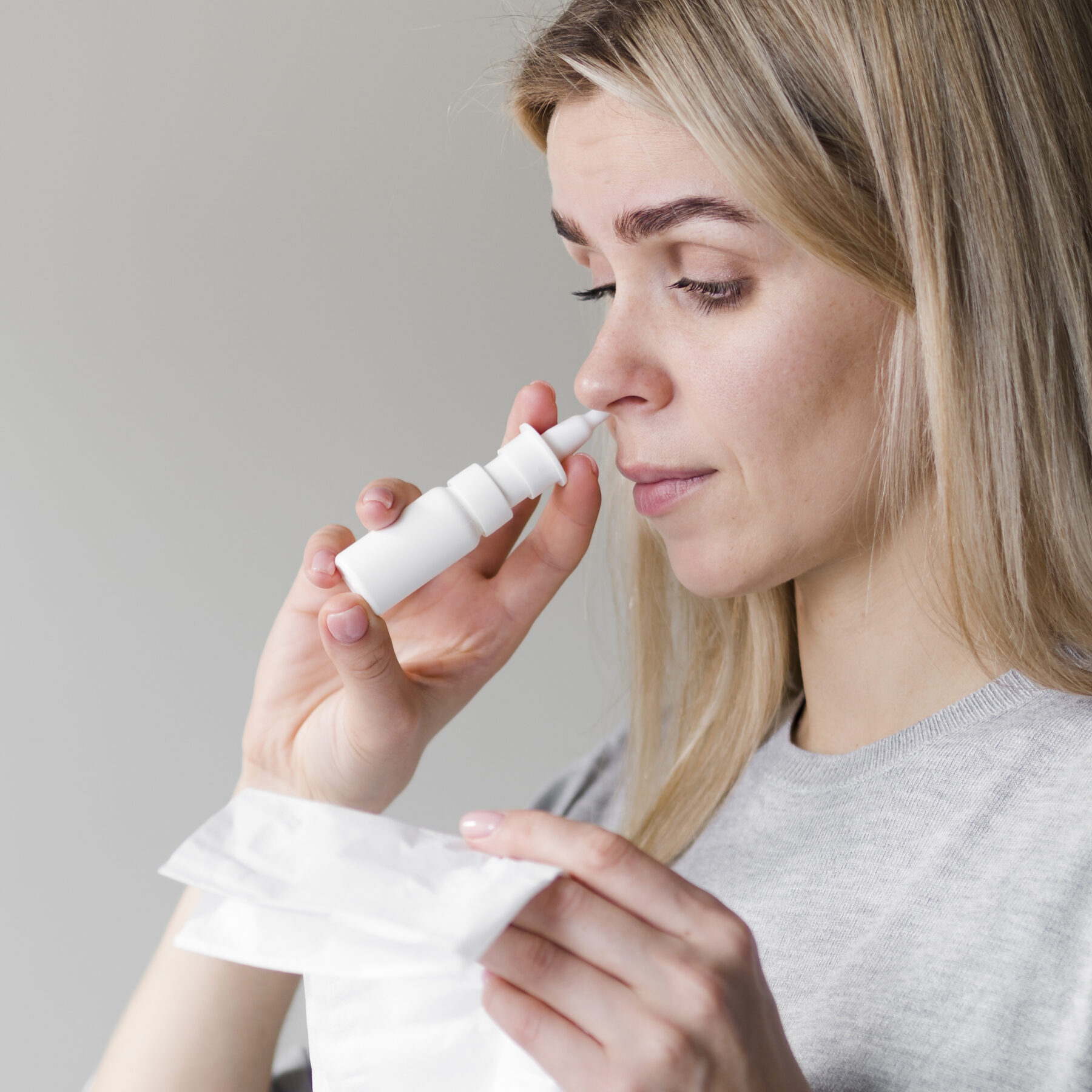
3. Steam Inhalation
Breathe in steam from a hot shower or bowl of hot water to loosen nasal congestion and soothe irritated sinuses.
Add essential oils like eucalyptus or peppermint for extra relief.
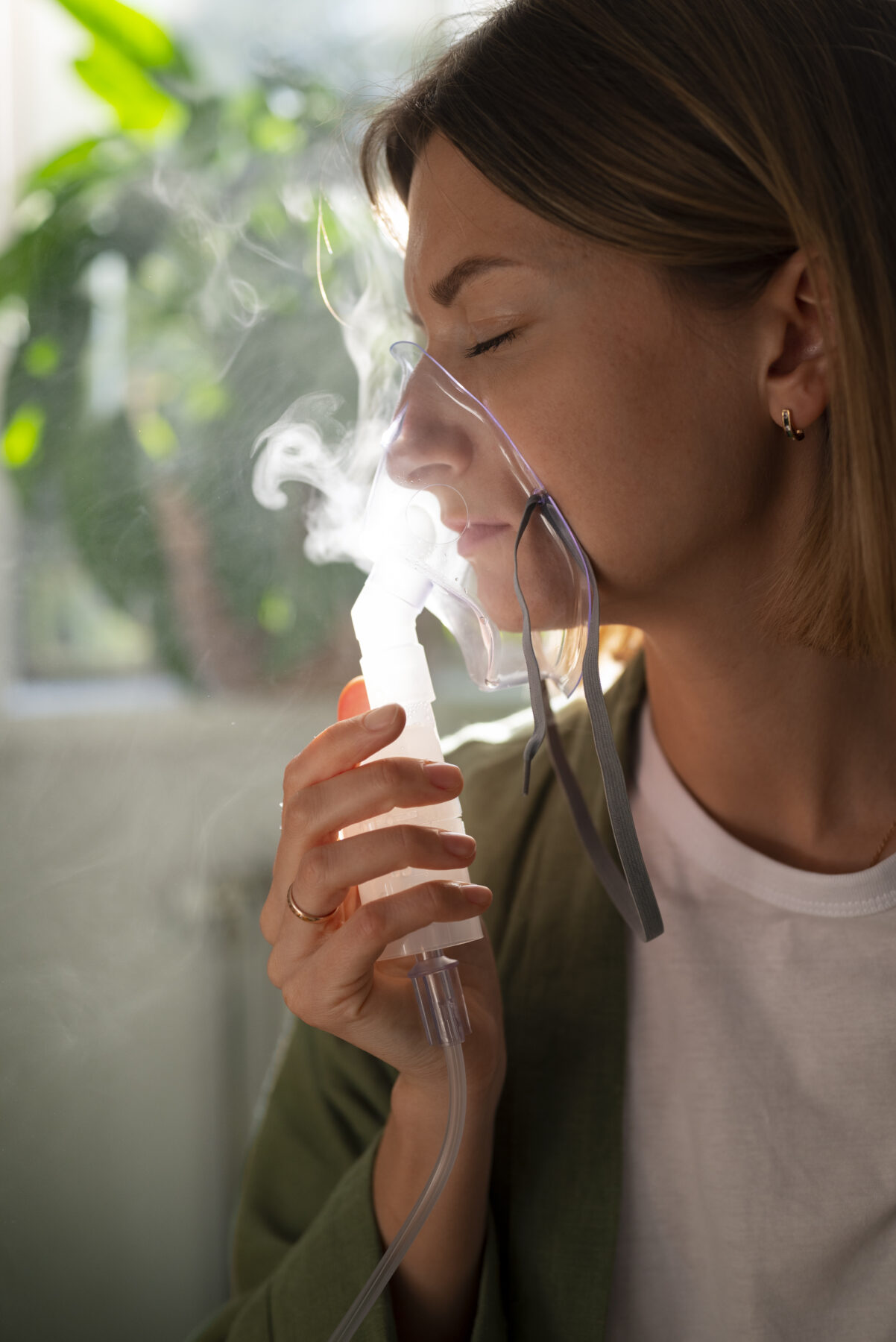
4. Apple Cider Vinegar
Mix 1–2 tablespoons of raw apple cider vinegar in a glass of water (with honey for taste). It may help reduce mucus and boost your immune system.
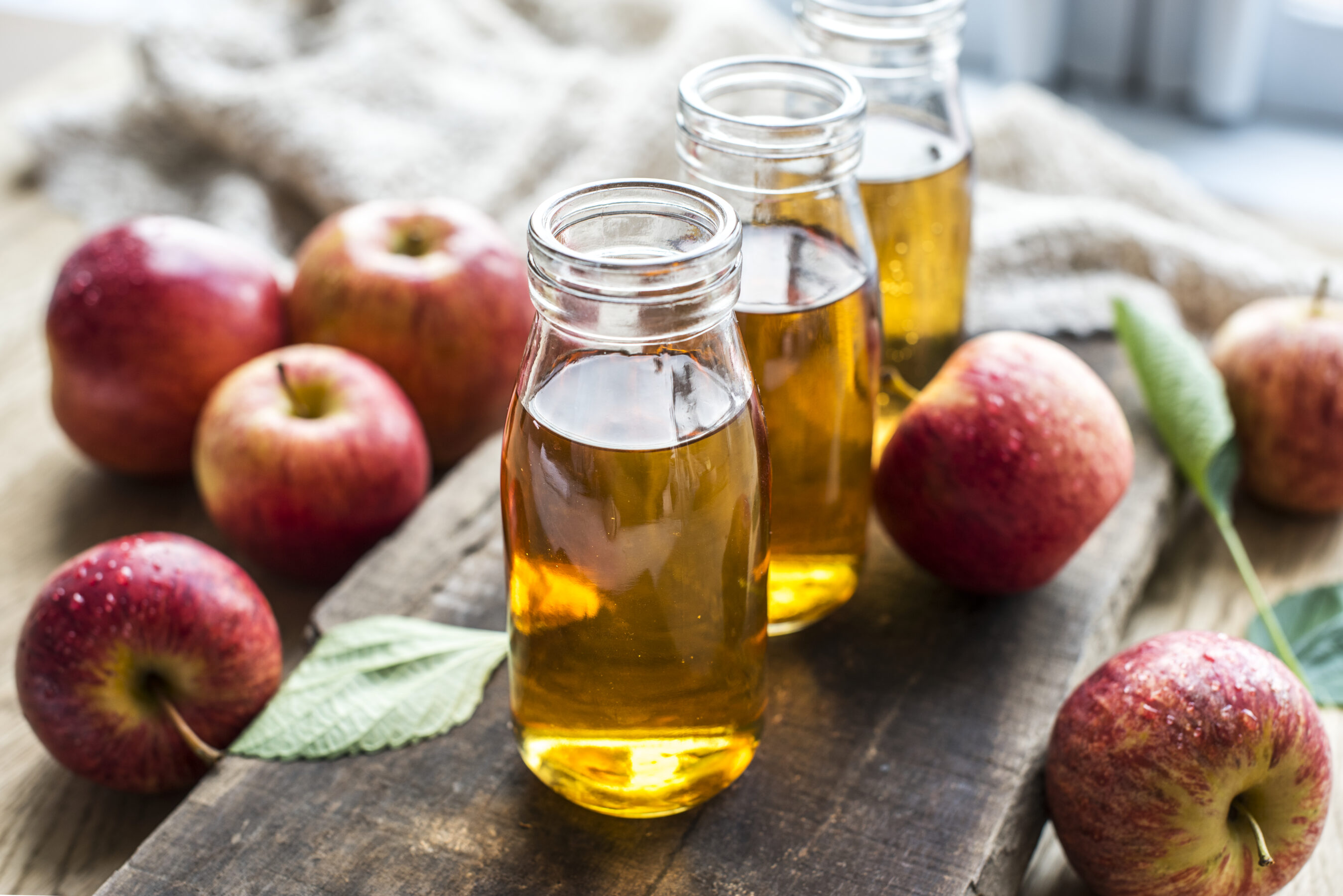
5. Stay Hydrated
Drink plenty of water, herbal teas, or warm broths. Staying hydrated thins mucus, making it easier to flush allergens out of your system.
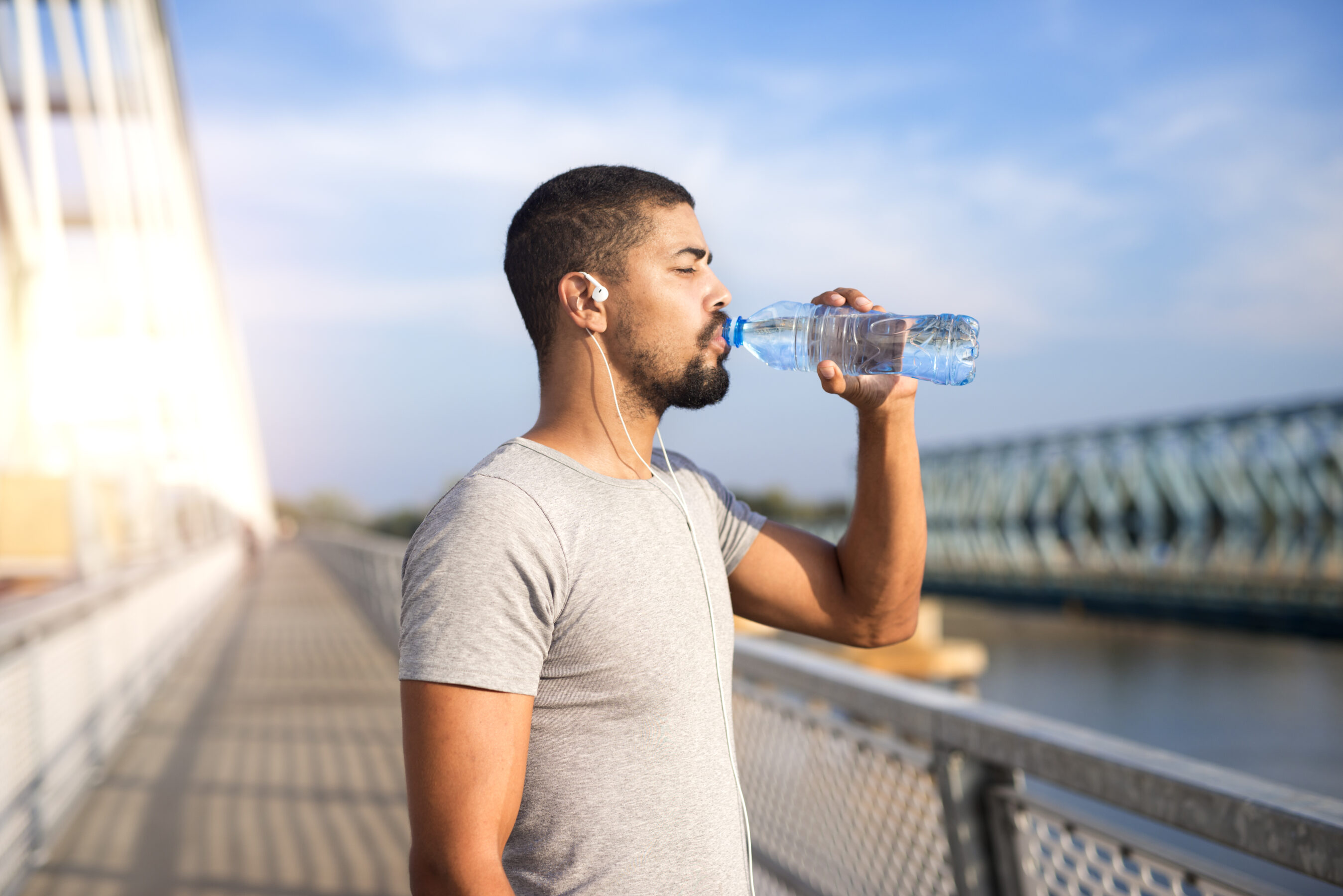
6. HEPA Filters & Clean Spaces
Use HEPA air filters at home to reduce pollen, dust, and dander. Vacuum often and wash bedding weekly in hot water to kill dust mites.

7. Quercetin-Rich Foods
Quercetin is a natural antihistamine found in:
- Apples
- Onions
- Broccoli
- Berries
It helps stabilize mast cells, preventing them from releasing histamines.
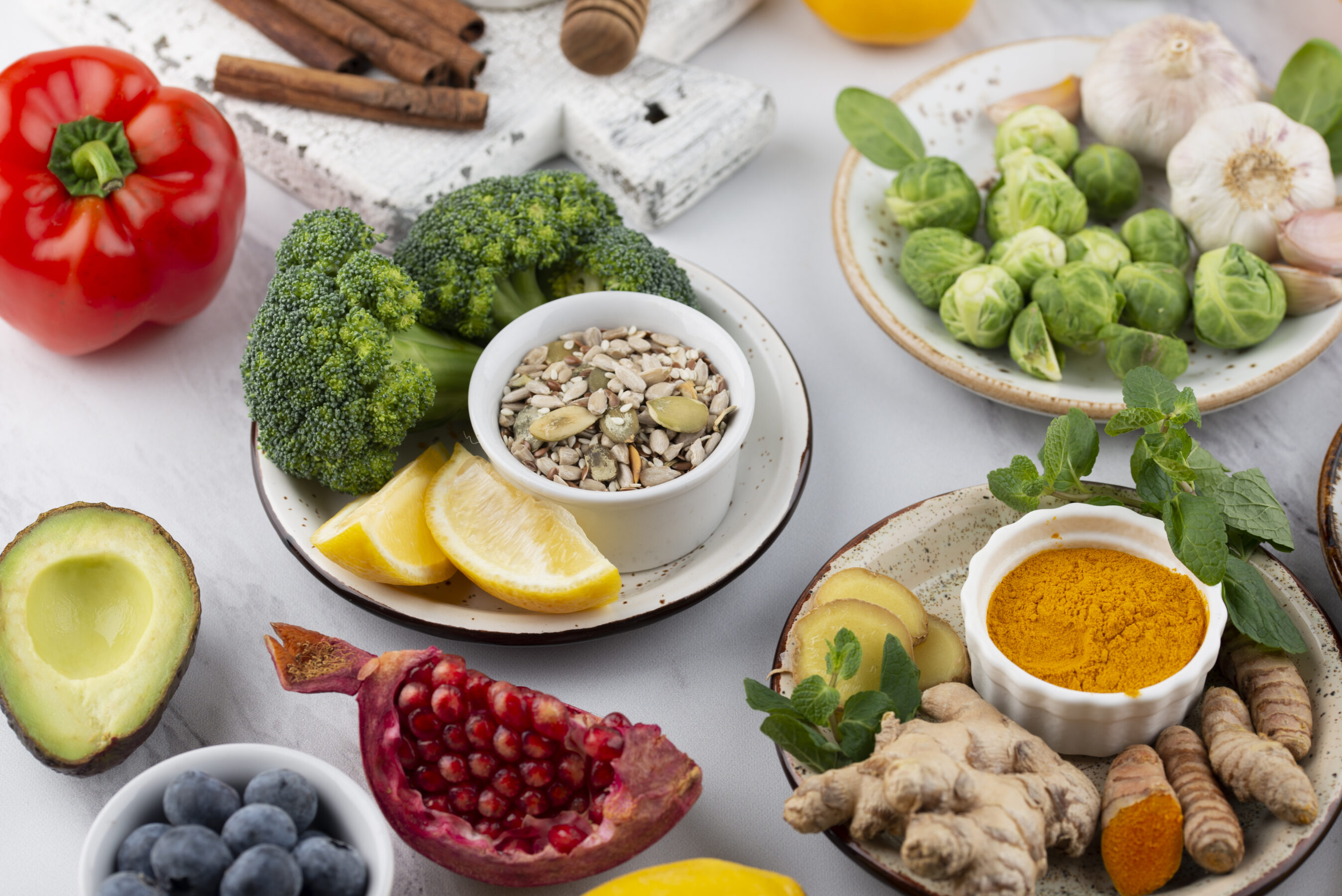
8. Probiotics
Your gut health affects your immune system. Include foods like:
- Yogurt with live cultures
- Sauerkraut
- Kimchi
- Kefir
These support a healthy immune response.
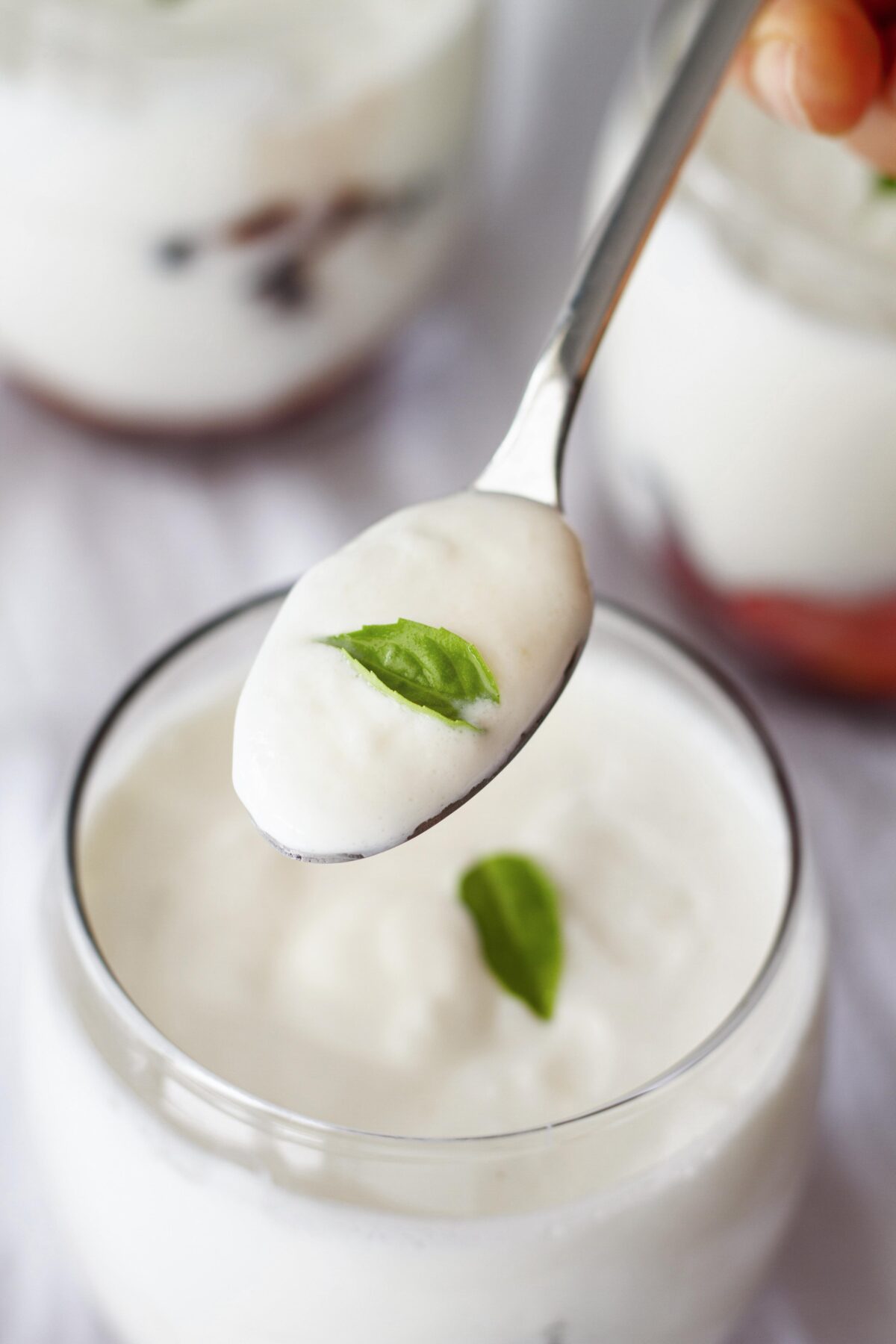
9. Butterbur & Stinging Nettle
These herbal supplements have shown promising results in reducing allergy symptoms naturally. Always consult a doctor before starting any herb.
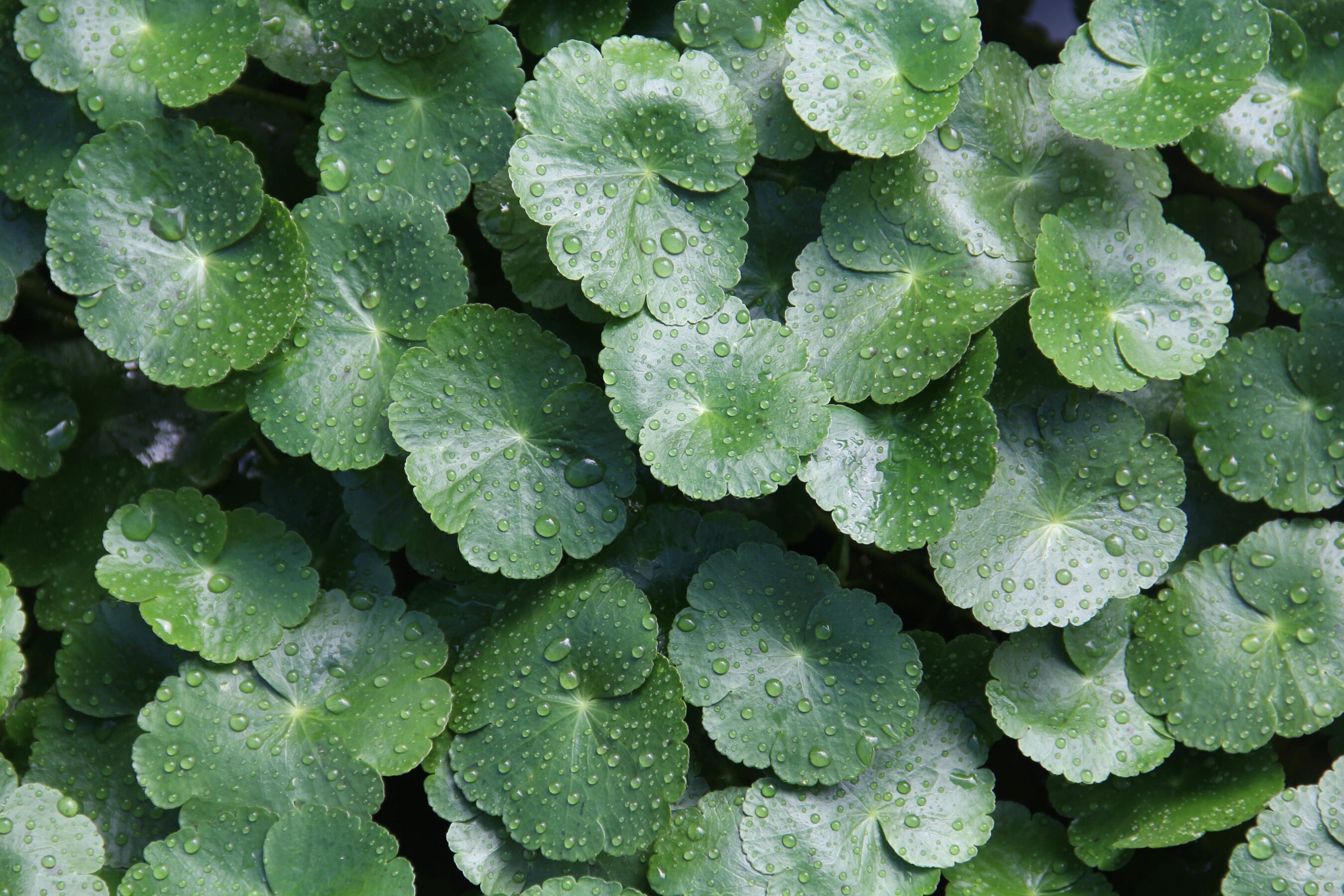
10. Close Windows on High Pollen Days
As tempting as it is to enjoy the breeze, keep windows closed, especially in the early morning when pollen counts are highest.

Quick Tips Summary:
| Remedy | Purpose |
|---|---|
| Local Honey | Pollen desensitization |
| Saline Rinse | Clears allergens from nose |
| Steam | Loosens mucus |
| Apple Cider Vinegar | Immune support |
| Hydration | Thins mucus |
| HEPA Filters | Clean indoor air |
| Quercetin Foods | Natural antihistamine |
| Probiotics | Gut-immune support |
| Herbal Supplements | Natural relief |
| Keep Windows Closed | Pollen control |
When to See a Doctor
While home remedies help many, seek medical attention if:
- Symptoms persist more than 2 weeks
- You have trouble breathing
- Over-the-counter treatments no longer help
A doctor may recommend allergy testing, prescription medications, or immunotherapy.
Breathe Easier, Naturally
Seasonal allergies can be frustrating, but with a few natural habits, you can reduce your symptoms and enjoy the changing seasons in comfort. Try one or two remedies, listen to your body, and stay consistent for best results.
Also Read : Does Intermittent Fasting Raise the Risk of Heart Attacks?

